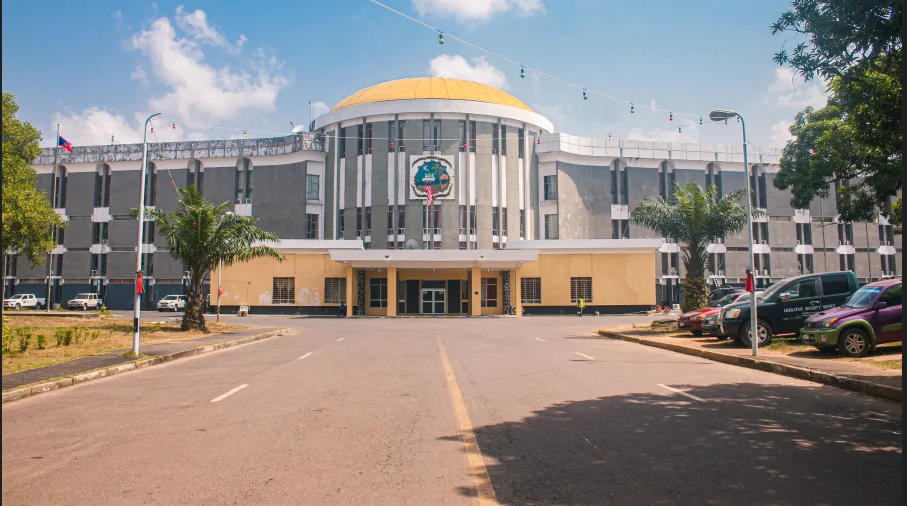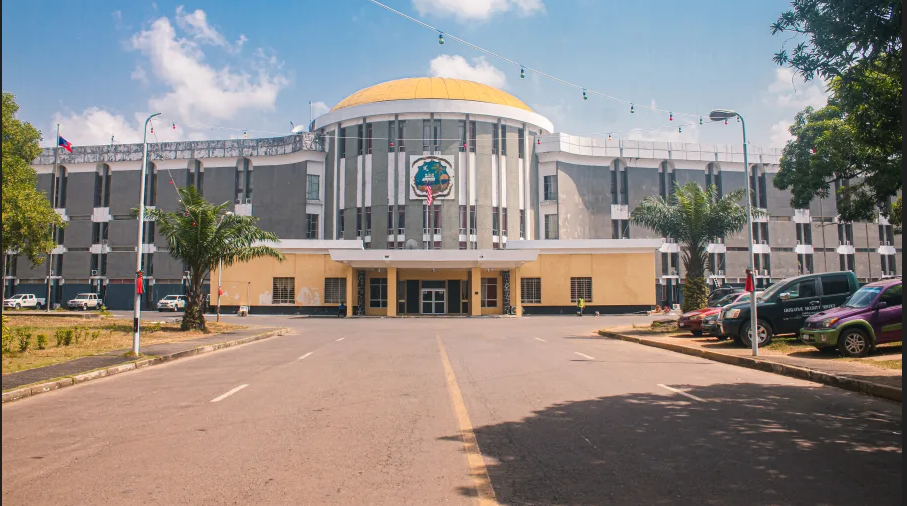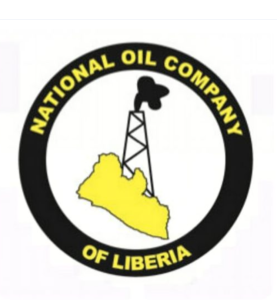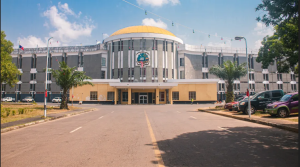Editorial: Liberia’s Rule of Law on Test


LIBERIA’S HOUSE of Representatives finds itself in an unfamiliar situation as a dramatic leadership struggle unfolds within the Lower House.
BACKED BY THE “Majority bloc”, the representative of Montserrado County’s 11th District, Richard Nagbe Koon was last week sworn in as Speaker.
EMBATTLED SPEAKER, J. Fonati Koffa of Grand Kru County, leading a minority faction, continues to claim legitimacy, citing constitutional authority. This unprecedented scenario raises questions about governance, institutional stability, and the resolution of this deepening crisis.
IN A RESOLUTE MOVE, members of the “Majority Bloc”, led by Representative Samuel G. Kogar of Nimba County, elected Koon as Speaker during their sitting in the joint chamber of the House of Representatives.
THIS DECISION WAS DRIVEN by allegations of corruption and conflict of interest against Koffa, which his opponents claimed compromised his ability to lead effectively. They accused Koffa of using his position for personal gain and failing to address ethical concerns, prompting their demand for his resignation.
SINCE THE LEADERSHIP SQUABBLE began, the “Majority Bloc” has conducted 11 legislative sessions, presided over by Deputy Speaker Thomas Fallah of the opposition Congress of Democratic Change. These sessions included the crucial receipt of the draft 2025 national budget from President Joseph Boakai’s Executive Branch.
DESPITE MOUNTING PRESSURE, Koffa remains defiant. He has vowed not to resign, even if he is left with only one supporter in his bloc. Koffa argues that his claim to the Speakership is rooted in constitutional legitimacy, and he appears determined to fight his battle in the Supreme Court.
HOWEVER, his inability to convene legislative sessions due to a lack of quorum highlights his weakened position.
THE IMPLICATIONS OF this power struggle extend far beyond the Legislature. A divided House could undermine Liberia’s ability to pass critical legislation, approve the national budget, and address pressing issues such as corruption, infrastructure, and education. Moreover, the legitimacy crisis threatens to erode public trust in democratic institutions and may discourage foreign investment and aid.
THE SUPREME COURT’S potential involvement adds another layer of complexity. A ruling in favor of either faction this week could set a significant precedent for how legislative disputes are resolved in Liberia. However, prolonged legal battles risk further paralyzing the House, delaying essential governance processes.
AS THE COUNTRY ANTICIPATES, two key questions emerge: Will Koffa step aside to avoid further embarrassment and institutional disruption? Or will he hold his ground, betting on a favorable legal outcome?
ALL EYES now on the Supreme Court.
The post Editorial: Liberia’s Rule of Law on Test appeared first on FrontPageAfrica.




